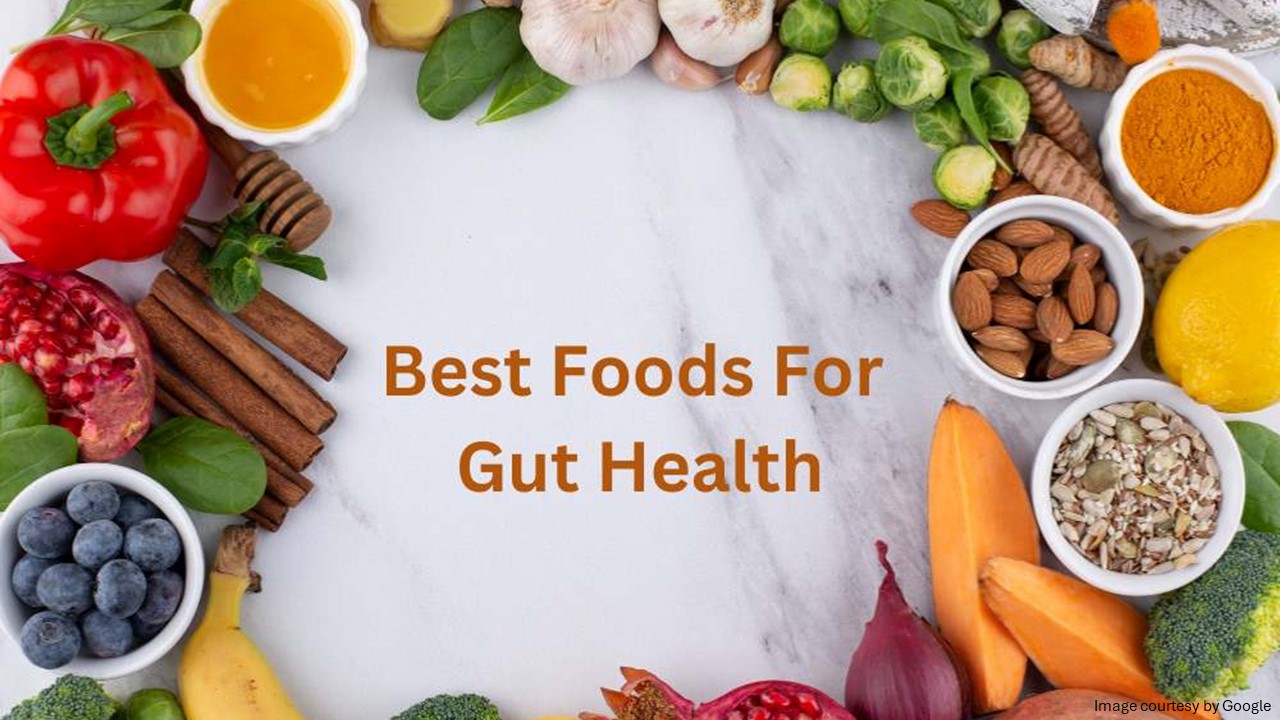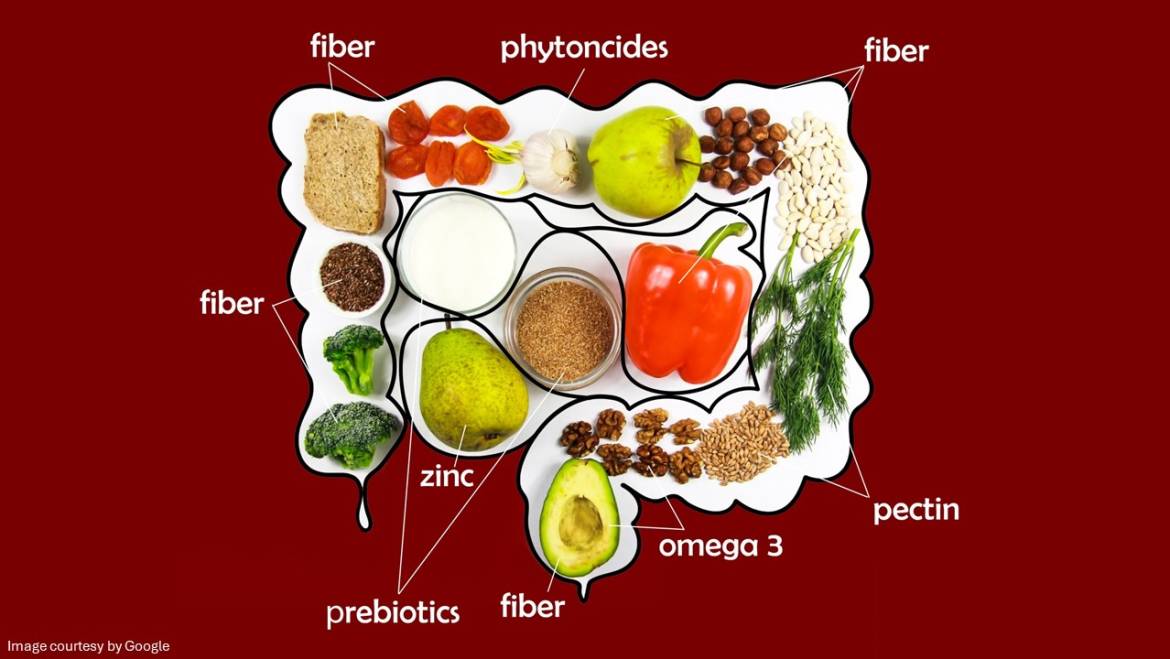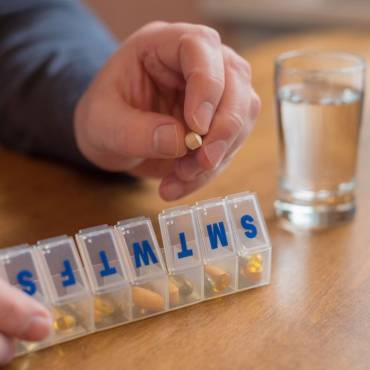Gut bacteria are the microorganisms that live in the digestive tract. They are also known as gut flora, microflora, microbiota, and gut biome/microbiome. Around 100 trillion bacteria are in the human body, all weighing 2-6 pounds. Good gut health is vital as it supports your body’s functions. If research is to be believed, the gut microbiome can affect every organ of the human body. Our gut bacteria eat fiber from vegetables, fruits, nuts, beans, and whole grains. Let’s find the functions of gut bacteria.
Functions of the gut bacteria
-
- It regulates the body’s immune function
- Fermentation of indigestible food
- Prevents growth of harmful microorganisms
- Influences hormone and neurotransmitter production
- Production of nutrients such as B vitamins, Vitamin K2, and short-chain fatty acids.
Health effects of an altered gut bacteria
-
- An altered gut bacteria may cause an impaired immune system, increasing susceptibility to infection. Also, autoimmune conditions and allergies may be associated with altered gut bacteria.
- An altered gut bacteria may also cause increased inflammation in the gut and the body. It increases the chance of developing obesity and other chronic health conditions.
Gut bacteria and the brain
Gut bacteria impact the following brain functions:
– Mood
– Appetite regulation
– Sleep regulation
– Pain sensitivity
Bacteria may also influence stress response. Follow the gut bacteria diet to keep those gut bugs happy and to improve your overall gut health.
Food and gut bacteria
Dietary changes can alter the gut bacteria within 24 hours. The gut bacteria affect nutrient absorption and production. Unhealthy food may lead to nutritional deficiencies. These nutritional deficiencies are caused by altered gut bacteria, decreasing absorption and production. Follow a healthy gut diet to avoid health issues. You can visit your doctor and discuss your current health issues (if any) and medication you may take so that he can suggest the best foods for gut health. Gut health diet may vary from person to person, considering his/her health condition, age factor, height, and weight. Your doctor may also prescribe gut health supplements to you if needed for your gut reset.

Factors that lead to an unhealthy gut
Following are the features of the modern lifestyle that directly decrease your gut bacteria:
-
- Chronic stress
- Diets low in fermentable fibers
- Use of antibiotics and other drugs such as birth control pills and non-steroidal anti-inflammatory drugs (NSAIDs)
- Carbohydrate-enriched diet
- A diet high in refined sugar and processed foods
- Chronic infections
Especially antibiotics are found to be extremely harmful to gut bacteria. According to recent clinical studies, the use of antibiotics causes a rapid and great loss of diversity and a shift in the composition of the gut bacteria. This diversity is not recuperated after the use of antibiotics without intervention.
Also, it has been studied that infants who are born to mothers with bad gut bacteria and are not breastfed are more likely to develop unhealthy gut bacteria. These early differences in gut bacteria might be the reason for health conditions such as psoriasis, eczema, diabetes, overweight, and depression in the future.
Healthy gut bacteria diet
Healthy Gut bacteria play a key role in your gastrointestinal tract. They help your body digest and absorb nutrients, synthesize certain vitamins, and come together against an intruder, such as influenza and toxic carcinogens that form cancer cells. Therefore, it is essential to eat healthy gut foods.
Here are some gut bacteria foods to help you manage or heal your gut:
-
- Banana: Banana acts as a pacemaker; it works to maintain harmony among microorganisms known as phyla. This is the reason why doctors recommend bananas for an upset stomach. It can also reduce inflammation due to high levels of magnesium and potassium. Banana restores the health of the bacterial community.
- Broccoli, cabbage, or cauliflower – Cruciferous vegetables like broccoli, cauliflower, kale, and cabbage contain glucosinolates (sulfur-containing metabolites), which are broken down by microorganisms to release chemical substances that reduce inflammation as well as reduce the risk of liver, breast, lung, stomach, colon, and bladder cancer.
- Polenta – The insoluble fiber of polenta travels directly to the intestine, where it ferments into gut bacteria. The corn-based complex carbohydrate earns credit for promoting a healthy gut.
-
Beans – Beans are full of nutrition. Releasing short-chain fatty acids strengthens cells inside your intestine, enhances micronutrient absorption, and helps reduce weight loss. They also contain vitamin B, protein, and fiber, contributing to a healthy gut and brain.
- Blueberries – It has been shown to strengthen memory and improve body’s immune system. However, whether the antioxidant properties, fiber, or vitamin K make blueberry a superfood is still unclear.
-
Fermented plant-based foods – Foods such as soy sauce, kimchi sauerkraut, and tempa introduce your intestine to healthy microorganisms and enhance mineral absorption in the body. All these foods are probiotics that are known to improve gut health. These can easily be made at home and be eaten at any time.
-
Jerusalem artichokes – It is high in insulin and is the best food option for people with sensitive digestive tracts.
If required, you can also use gut bacteria medicine to maintain a healthy balance of bacteria in the gut and promote a healthy digestive system.
A healthy gut bacteria diet or foods good for gut health serves some important functions because they:
-
- Help support a healthy immune system
- Produce key nutrients such as vitamins B and K
- Keep pathogenic bacteria from developing and growing
- Support a healthy intestinal tract by absorbing and digesting nutrients



